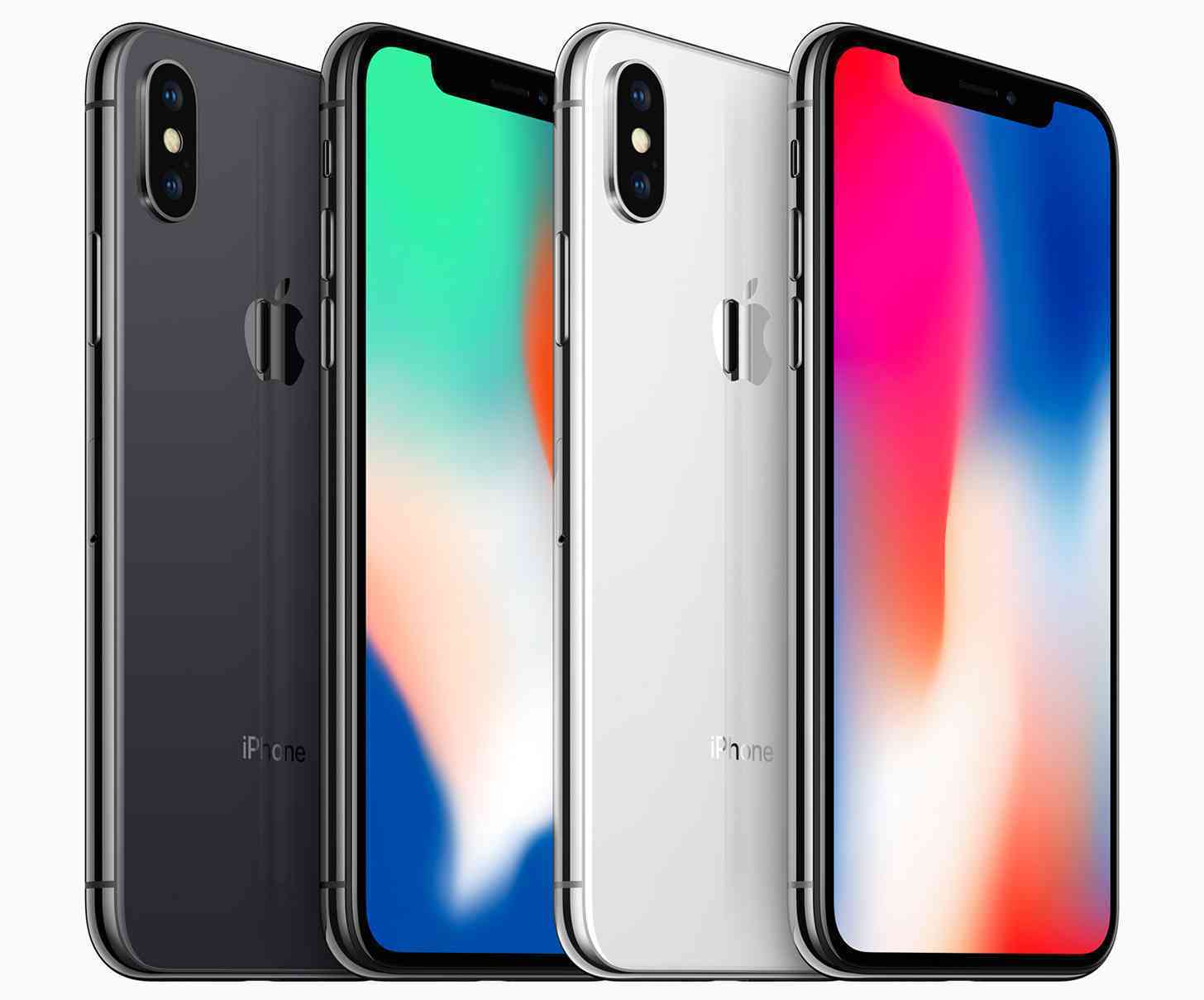
While there are still some holdouts, even in the flagship range, the consensus from some of the biggest names in the smartphone market seems to be that our devices can get even more expensive. While Apple definitely led that charge with the iPhone X in 2017, they weren't the only ones. OnePlus's flagship devices have seen price hikes over previous models. And Samsung even broke the $1,000 mark with a Galaxy S8 variant last year, too.
Smartphones are a requirement for most people now. They used to be this extravagance, something you'd only see once in awhile --if ever. But now they are the way people connect on a regular basis. As such, it's not a surprise that companies figured out they can change more for those devices, and, ultimately, people are going to pay the fee.
It seems to be working out, too.
If you watch the iPhone news cycle, then you are probably aware that there have been a steady stream of conflicting reports that the iPhone X is not selling well, or that it's the best selling device all across the globe. Apple will give a bit of a hint when it reveals its own quarterly numbers in February, but for now speculation is running rampant.
The iPhone X had a bit of a delayed launched compared to the iPhone 8 and iPhone 8 Plus, which I was actually thankful for. That window, from the September reveal date to the November launch date gave me time to plan ahead a bit more than I typically get every year. (Two weeks isn't very long.) It meant I could take my time with trade-ins and so on. No rushing needed.
Still, installment plans from the wireless carriers help quite a bit. Phones might be getting more expensive, but at least we don't have to fork over a huge lump sum right up front -- unless you want to, of course, to help reduce that monthly cost. Seeing a phone that costs $1,000, but you only have to pay $40 per month isn't too bad.
It isn't the perfect situation, but it's not the worst, either.
This year is going to be an interesting one, as far as prices go. I can't help but wonder if Samsung, and other companies, try to charge more for their devices this year. And, if they do, how much of an impact that will have moving forward.
But that all got me thinking about budgeting for your tech purchases. We all know that devices get launched on a regular basis, usually with yearly refreshes, so I'm wondering how far ahead you plan to prepare for those device purchases.
Do you set a budget, so that you only pay a certain amount in the year for devices? Or is it a hard limit on the number of gadgets you buy? Are you refusing to pay $1,000 or more for a smartphone? Let me know!